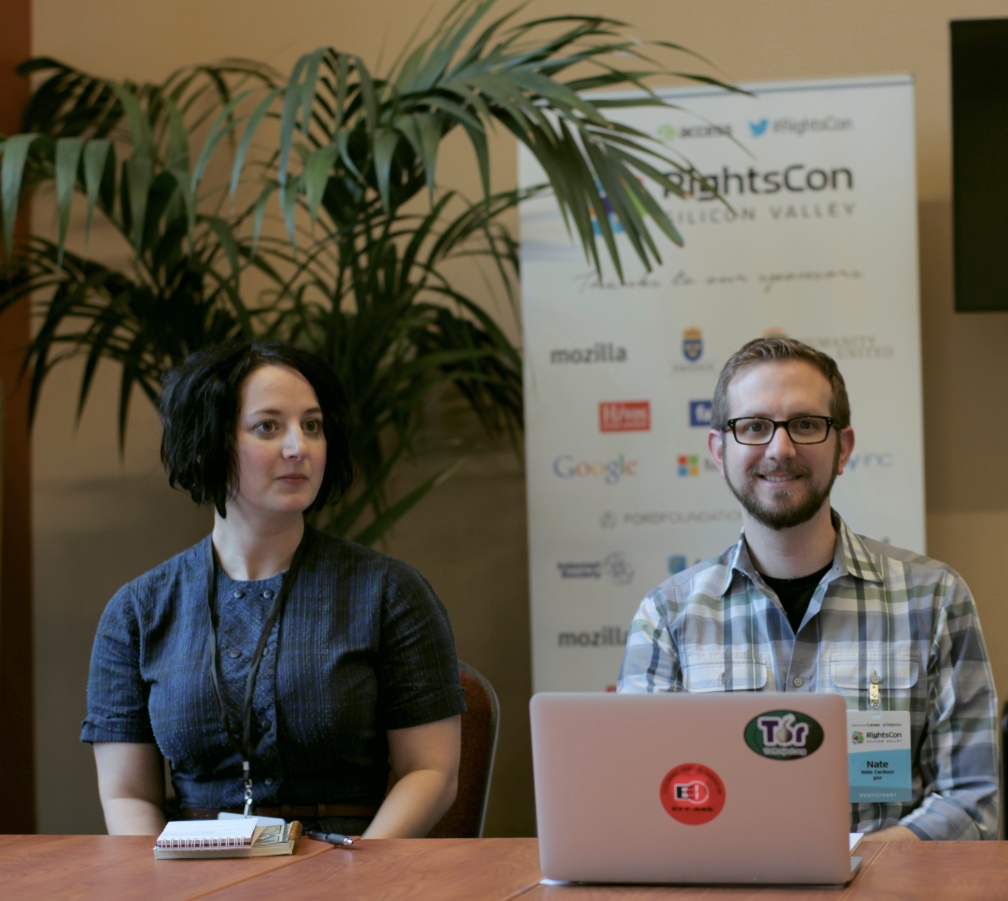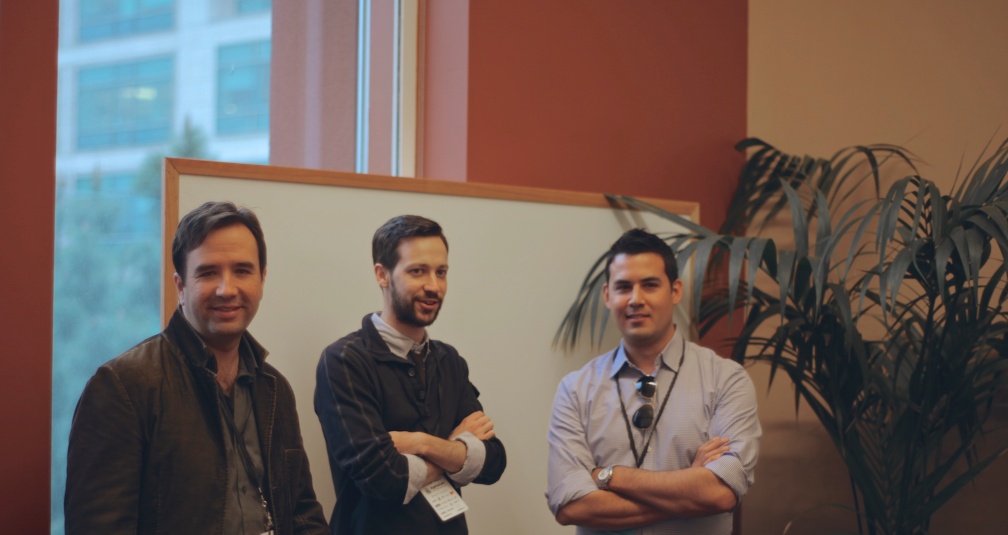San Francisco, CA—technologists, lawyers, journalists, human rights activists, and others have gathered here in San Francisco to brainstorm solutions to the myriad human rights challenges that face the world in the digital age. I’m reporting live from RightsCon, a human rights conference hosted by Access, “an international human rights organization premised on the belief that political participation and the realization of human rights in the 21st century is increasingly dependent on access to the internet and other forms of technology.” While there’s no question that RightsCon represents a step in the right direction in terms of thinking about the intersection between human rights and Internet-based technologies, the journey has yet to come full circle. Here at the Fourth Estate Watch, I want to close the gap between a few things that others at the conference may have missed.
– What I first noticed upon entering RightsCon was that event sponsors include various companies mentioned in the NSA’s PRISM slides: Microsoft, Google, and Facebook. These are also the companies that voluntarily dismissed their pending case before the Foreign Intelligence Surveillance Court (FISC) in exchange for the ability to publish (allegedly) more robust corporate “transparency reports,” a move that even the Washington Post has described as “mostly a PR stunt.” Despite the NSA and FISC controversies, however, I later discovered that a panelist for “transparency reporting for beginners” was a Policy Communications Manager at Google.
– During the event’s opening remarks, Nnenna Nwakanma reminded attendees that “more than half of the world’s population still does not have Internet access.” This is a critical point that I feel does not deserve enough attention. As I have previously reported, there is a gross disparity in Internet accessibility between people (and countries) of varying wealth, and the rule of thumb is that greater wealth equals greater Internet access. It is important for those thinking about human rights, then, to keep in mind that vast swaths of (largely indigent) humanity do not yet use the Internet. Internet-based approaches to human rights tend to downplay the reality that many victims of human rights violations simply do not have Internet access, rendering them out of sight, out of mind, and out of the conversation.
– Lastly, I want to note that while everyone at RightsCon seems to be talking about the Internet, no one seems to be talking about the environmental costs of the Internet. The question has critical implications. The New York Times has reported that “[m]ost data centers, by design, consume vast amounts of energy in an incongruously wasteful manner … [o]nline companies typically run their facilities at maximum capacity around the clock, whatever the demand. As a result, data centers can waste 90 percent or more of the electricity they pull off the grid” (emphasis ours). All of the Internet-based solutions to human rights, then, will require more and more data servers on which to store all of that Internet-generated data. But yet, as seen above, data centers can waste “90 percent or more” of the electricity they pull. Human rights activists who champion Internet-based approaches to human rights problems must find a way to square the ever-increasing energy consumption of the Internet and the ever-decreasing natural resources of our planet. Failure to do so could be catastrophic.





